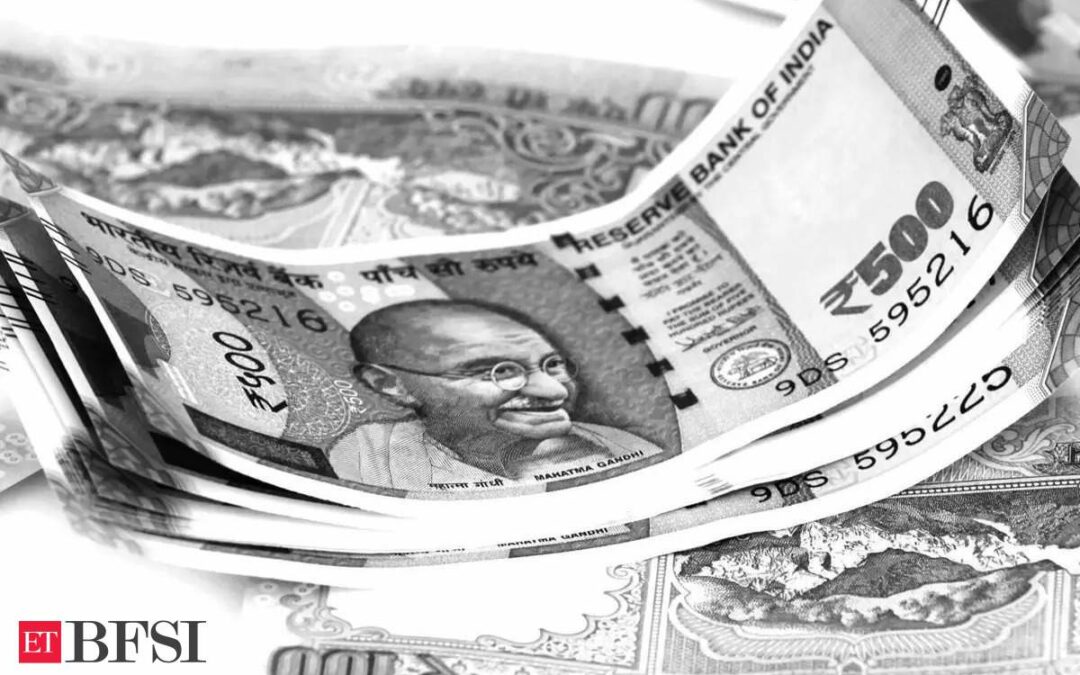A pronounced increase in government spending after the polls has injected fresh liquidity into the banking system, bringing down overnight borrowing rates, Treasury Bill yields and, in turn, short-term financing costs for Indian companies, even as the central bank seems to be in no great hurry to lower policy rates.
After being at or above the Reserve Bank of India’s repo rate of 6.50% in May and June, the overnight weighted average call rate (WACR) has averaged 6.39% so far in July, more than 10 basis points lower than the benchmark policy rate, an analysis of daily central bank data showed. One basis point is a hundredth of a percentage point.
The key driver of the evident shift in banking system liquidity to a surplus from a protracted deficit has been a flow of government expenditure — of about Rs 1 lakh crore — over the past few days. “Government cash surplus (Centre and states), which had peaked at Rs 5.1 lakh crore as of May 24 after the RBI dividend, has reduced to Rs 2.1 lakh crore as of July 11, with a pick-up in the pace of government expenditure,” said Gaura Sengupta, chief economist, IDFC First Bank.
On June 28, the government cash surplus was at Rs 3.2 lakh crore, indicating the Centre has spent Rs 1.1 lakh crore in two weeks. Government expenditure flows through banking system. In July so far, banking system surplus liquidity, as measured by absorption of funds by the RBI, has averaged Rs 1.1 lakh crore, bringing down the WACR, RBI data showed.
RBI’s approach to liquidity:
In May and June, banking system liquidity was largely in deficit mode, with the central bank injecting funds into the system.
Call trails repo:
The WACR, which is the operating target of the RBI’s monetary policy, is one of the key determinants of the cost of funds for banks and in turn for corporates looking to raise funds through debt. The WACR is supposed to be closely aligned to the repo rate, implying that the rate moves in tandem with official changes in the repo rate made by the RBI.
Bank treasury executives said that rates on 3-month bank certificates of deposits and commercial papers issued by corporates have eased 5-7 basis points so far this month. This is broadly in line with the decline in the government’s T-bill yields so far in July. Government bond yields are the pricing benchmarks for corporate debt.
Cutoff yields on 91-day, 182-day and 364-day T-bills are down 4-5 bps so far in July over June, RBI data showed. Since April 3, the T-bill yields have eased by a sharper 12-15 bps, largely driven by the government’s decision to cut its T-bill borrowing in April-June.
The RBI, which has recently reiterated its vigilance on inflation, has been regularly conducting variable rate reverse repo operations that drain out the excess funds from the banking system to make sure that the overnight borrowing rates do not fall too much below the repo rate. India’s Consumer Price Index inflation was at 5.08% in June, up from 4.75% in May, latest data showed. Excess system liquidity poses inflation risks.
Liquidity management:
“Overall, system liquidity will turn slightly negative (deficit) possibly around the time of GST outflows. But by month-end, there is a redemption of government security and government spending will also be reasonably strong. So, these two things should mean that we should have a decent liquidity surplus — of around Rs 1 lakh crore by early August,” said Abhishek Upadhyay, senior economist at ICICI Securities Primary Dealership.
Going ahead, the central bank’s approach to liquidity will be keenly watched, especially as a huge surplus transfer from the RBI to the Centre presents scope for accelerated government spending. Separately, overseas funds are set to flow into the debt market after the inclusion of local sovereign debt in a JP Morgan bond index.











